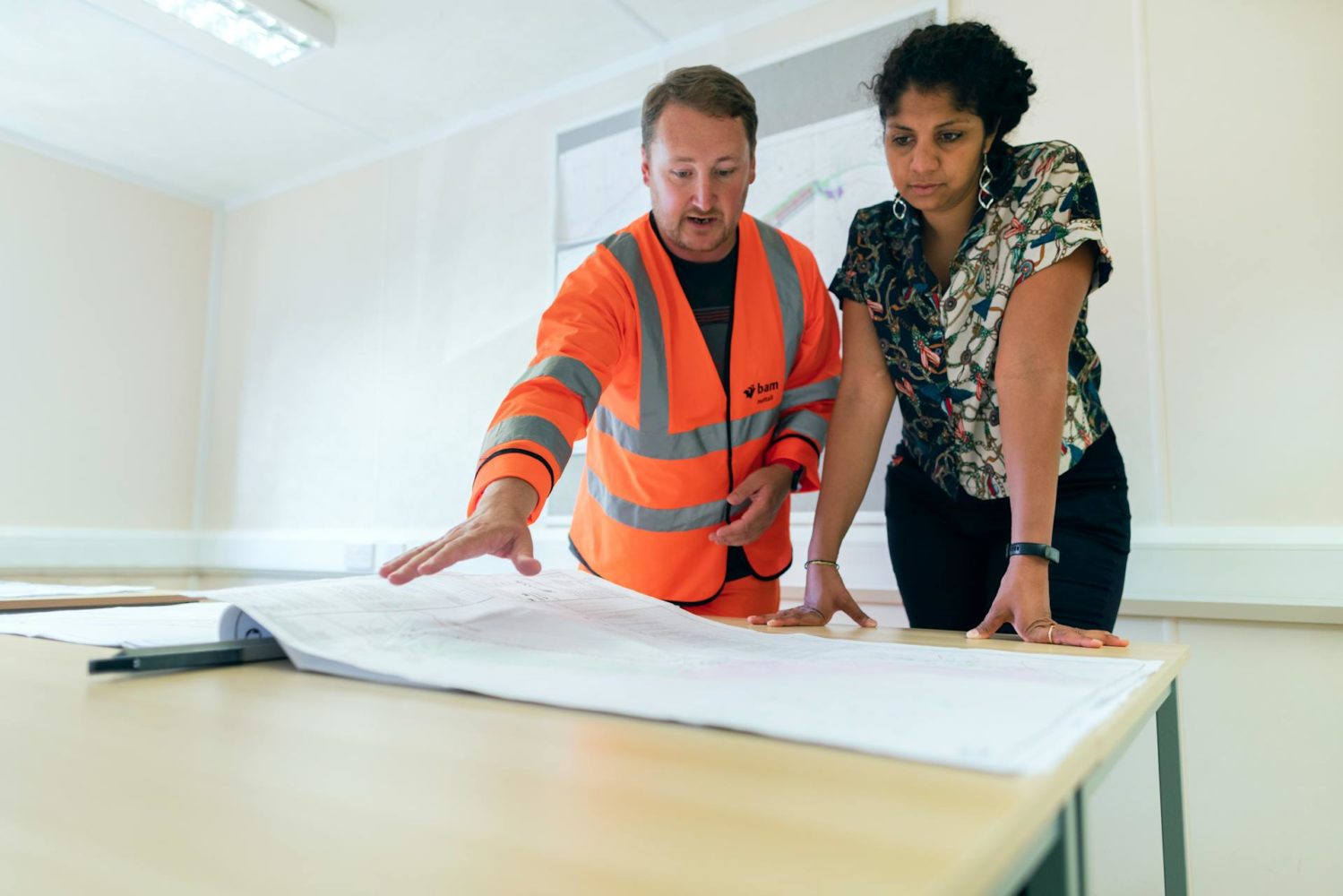Starting a new business is an exciting process. Many entrepreneurs choose to rent existing property so they can hit the ground running. But what if you can’t find a space that suits your specific needs? One option is to invest in buying a plot of land and building a property.
This is, of course, a huge commitment. Your choice of location and the processes you use for construction can make a difference in influencing whether your investment results in success. Therefore, it’s wise to take a careful and strategic approach to achieve informed decision-making. This isn’t just vital for selecting a neighborhood to build on, but how you navigate the nuances of the construction aspects.
These kinds of choices are difficult for even experienced entrepreneurs. But they’re certainly far from insurmountable. So, let’s look a little closer at some of the key areas you should place your focus on.
Choosing a Location
The first step is to choose the right location. This isn’t necessarily an easy task, as wherever you choose, there is never any guarantee of success. Rather, you’ll need to commit to some research that helps you identify what areas might offer a good chance of meeting your business’s goals.
Some areas to focus your research include:
- Market gaps: Particularly for brick-and-mortar businesses that are customer-facing — like stores and restaurants — it’s important to research the local market. The last thing you want is to open your company in a location that is already saturated with similar products and services. An exception here is if you have something genuinely new to offer consumers, but you should still be mindful of how much competition you’ll have.
- Demographic presence: It’s important to ensure that there are consumers who would want your products or services in your prospective location. You can usually do this by reviewing existing market research on demand for services in specific locations. Predictive analytics software is also a useful way to assess for likely future growth. It can also be a good idea to arrange for surveys to assess consumers in certain locations so you can establish their interest or need for what you offer.
- Practicality: Each type of business has different logistical demands, and it’s important to assess how practical different locations are for your intended operations. For instance, is the plot close to other local businesses and likely to get existing foot traffic? If you’re running an eCommerce company, you may have greater flexibility of choice, as you’re not relying on foot traffic, but you also need to think about how easily staff and delivery drivers can get to the location.
Given how expensive it can be to open a new business, you might find it more cost-effective to open a temporary or mobile location to begin with. These types of solutions can be particularly useful if you have various geographical areas you want to test the waters in before committing to something more permanent.
For instance, opening a pop-up shop in a temporary location can give you a chance to analyze foot traffic and interest from local customers. For restaurants and cafés, food trucks are great ways to test out various locations for short periods. These are also excellent opportunities to build awareness for your burgeoning brand.

Planning Construction
So, you’ve completed your research and invested in a plot of land. The next step is to plan your construction process. The more you can prepare up-front, the more efficient and stress-free the construction process itself is likely to be.
This begins with having a solid idea of dimensions you want for your property. Most new business owners won’t have the experience or expertise to know this off-hand, so it’s worth working with an experienced architect who specializes in commercial spaces. Talk to them not just about the size of land you have to work with, but also how the space is going to be used. Many architects will usually have contact with contractors and building companies, others will already be embedded in commercial development firms. They can help you to better understand what construction types fit into your budget, alongside the realistic timelines to expect.
One useful thing to consider during planning is the potential benefits of modular construction. These are buildings that are largely fabricated in a factory and installed later on a plot of land. This often results in shorter construction times, as site preparation can take place at the same time the building is being created off-site. It also tends to be safer, as modular construction doesn’t have as many weather risks as traditional construction. Indeed, modular construction can be performed in such a way that you can expand your property later on if needed.
Communicating Throughout the Process
Hiring developers and contractors to undertake construction of your business isn’t the end of your input until moving-in day. A vital role you play during this time is ensuring that there is effective and regular communication throughout the process.
This begins with setting communication expectations with developers. You should, of course, avoid micromanaging. After all, if you’ve hired experienced contractors, they know what they’re doing and too much interference will only slow down the process. Nevertheless, arrange to check in every so often with the project leads, to discuss any challenges or delays you should know about. It’s also good to agree on processes for arranging site visits. Don’t forget to provide them with the most immediate contact method to reach you in case of questions or issues.
Another vital aspect of communication is with local customers. You can use the construction process as a way to start doing some early digital marketing. When it’s safe to do so, provide video walkthroughs of the building in progress and artists’ renditions of the completed space. Give consumers insights into how different parts of the building will enhance their experience or features you’re particularly excited about. Your efforts can generate buzz and get consumers enthusiastic about a company that will be opening near them soon.
Conclusion
Choosing the right location and navigating construction effectively can help start your business on a positive footing. This involves dedicating time to market research, alongside making informed decisions about how different construction aspects meet your needs. Remember that being agile can be a benefit in these circumstances, too. By creating a property that is able to adapt as needed, it allows you to make adjustments in response to your progress with the business.
⸻ Author Bio ⸻

Sam Bowman enjoys writing about people, tech, business, and how they merge. He enjoys getting to utilize the internet for the community without actually having to leave his house. In his spare time, he likes running, reading, and combining the two in a run to his local bookstore.












